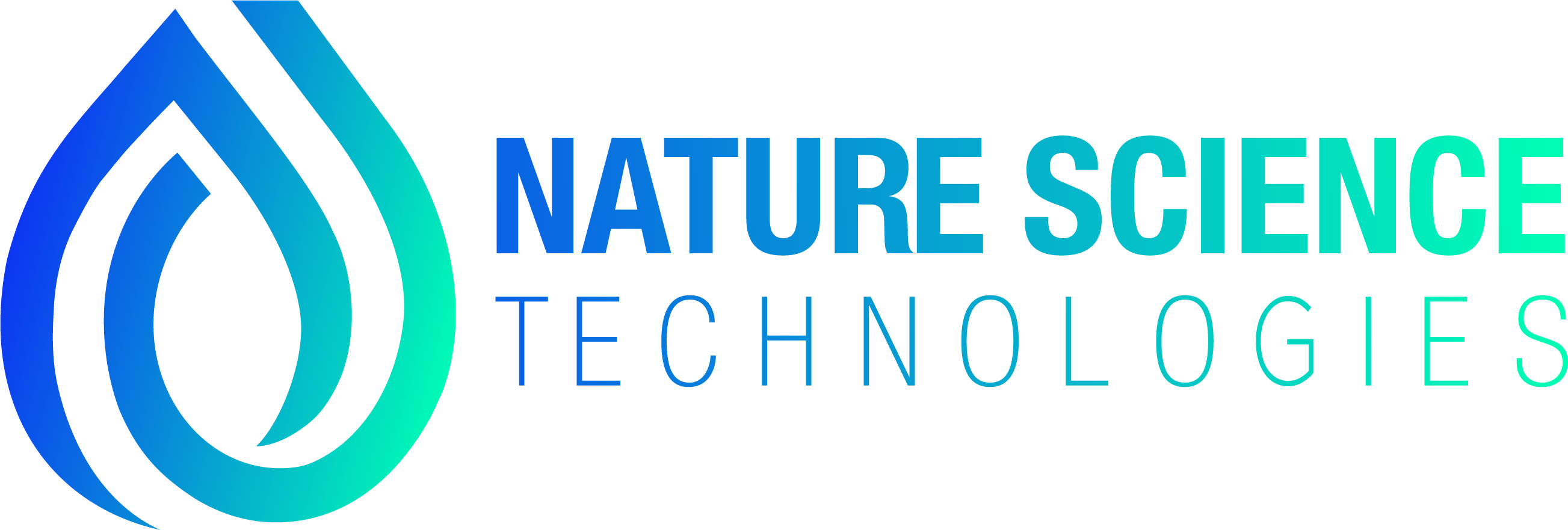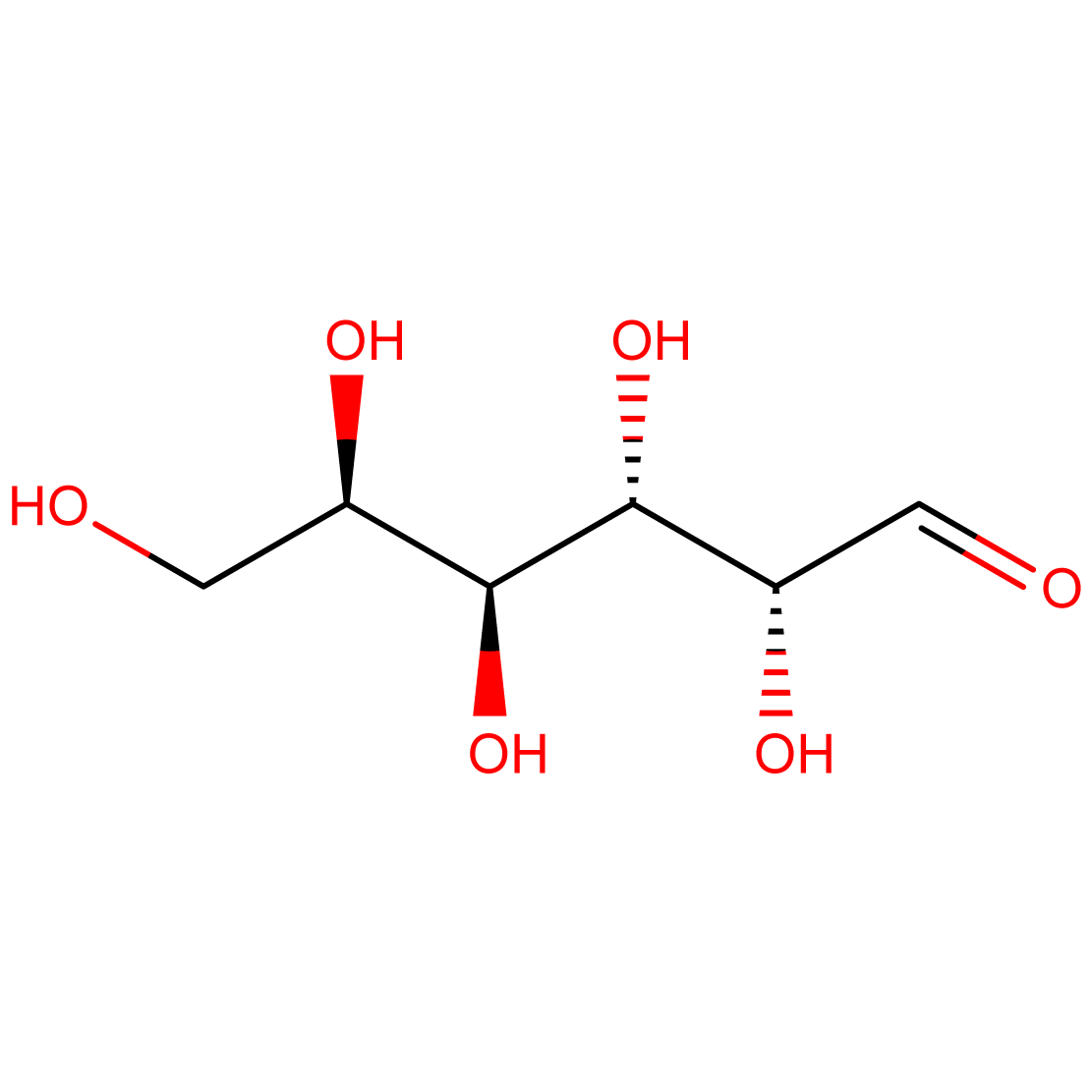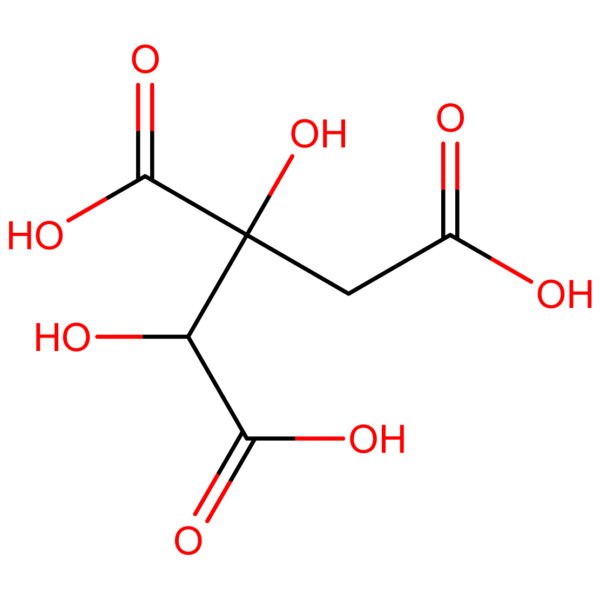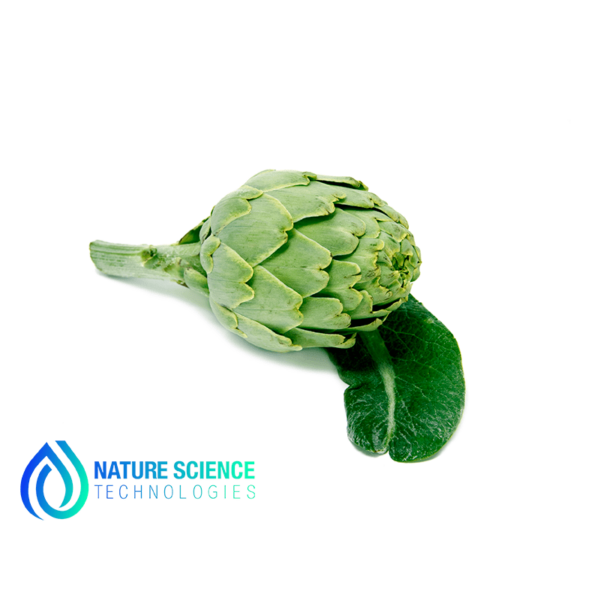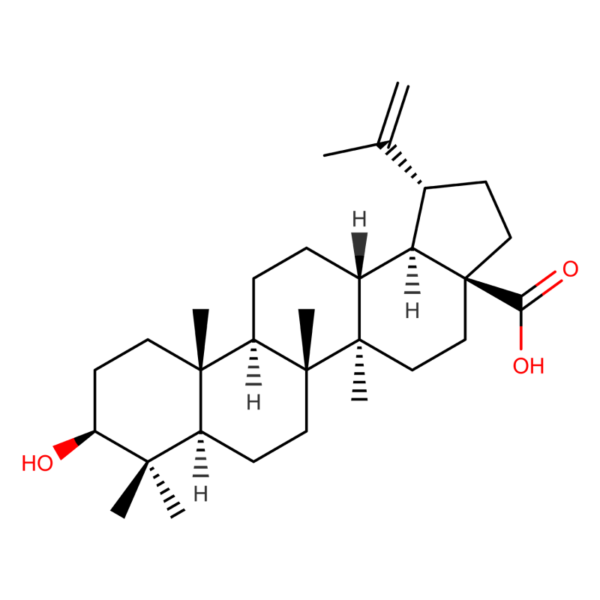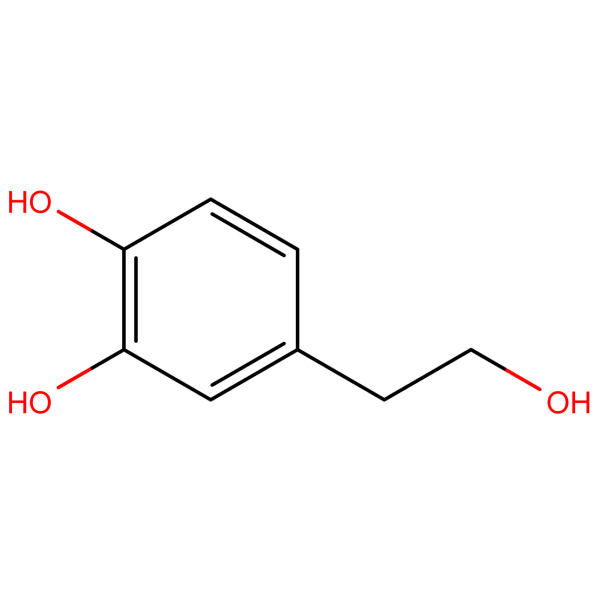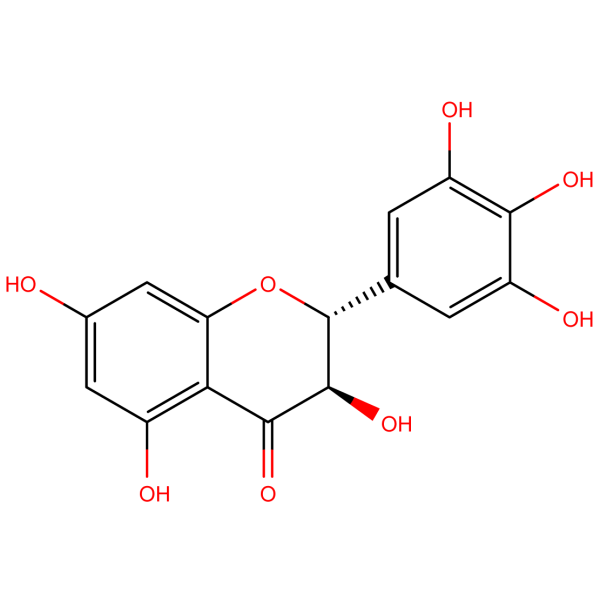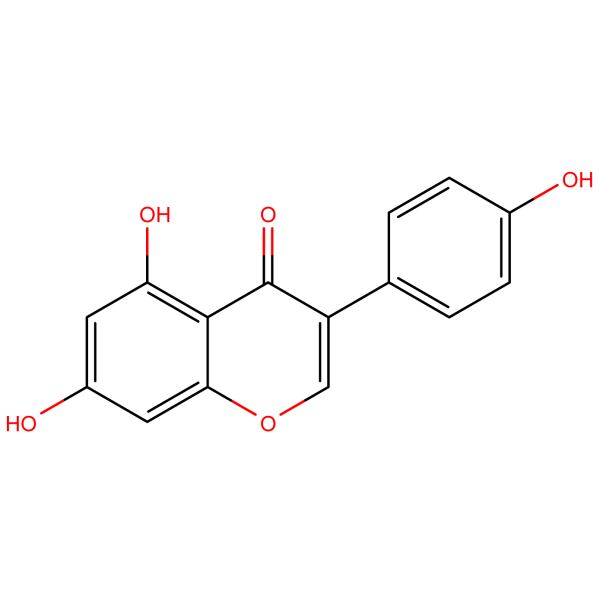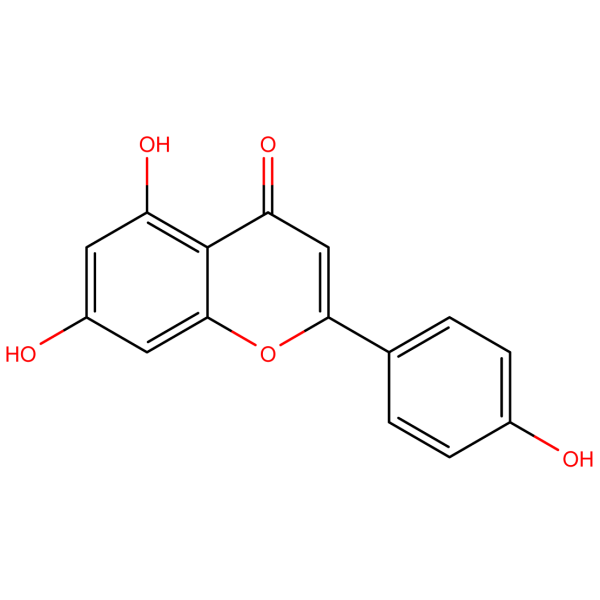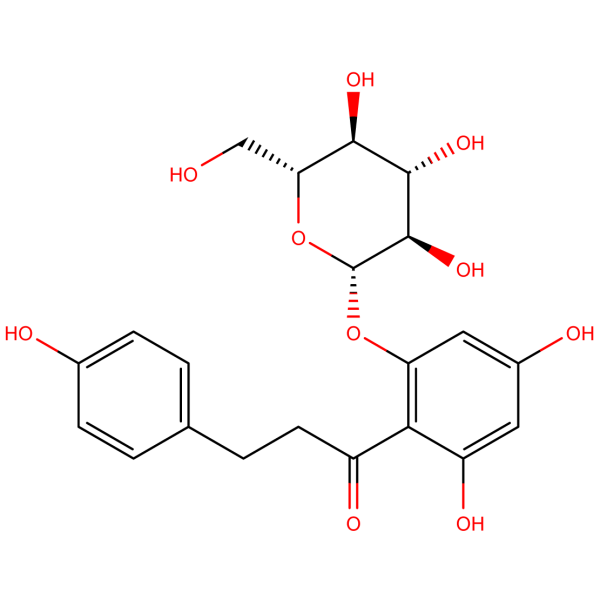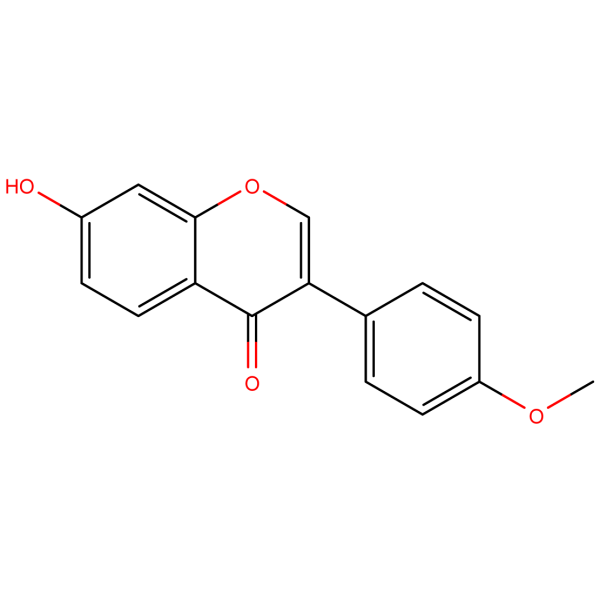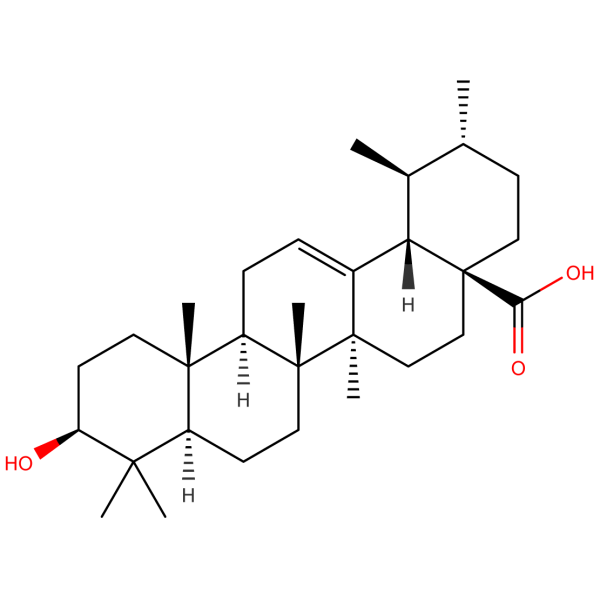D-Galactose: Essential Monosaccharide in Biological Research
1. Molecular Identity
- Chemical Name: (2R,3S,4S,5R,6R)-6-(hydroxymethyl)tetrahydro-2H-pyran-2,3,4,5-tetraol
- CAS Number: 59-23-4
- Source: Naturally occurring sugar, also synthetically produced
2. Biochemical Significance
D-Galactose is a monosaccharide sugar and an important component of many larger biological molecules. Its unique structure and metabolism make it crucial in various physiological processes and a valuable tool in biochemical and biomedical research.
3. Key Properties
- Structural Component: Key building block in lactose, glycoproteins, and glycolipids
- Metabolic Substrate: Involved in galactose metabolism and the Leloir pathway
- Aging Research Model: Used to induce accelerated aging in animal models
- Cell Surface Marker: Important in cell recognition and signaling processes
4. Potential Research Applications
- Glycobiology and carbohydrate metabolism studies
- Aging and neurodegenerative disease research
- Cell culture media formulation
- Galactosemia and metabolic disorder investigations
5. Current Research Focus
Ongoing studies are investigating D-Galactose’s role in:
- Oxidative stress and cellular senescence
- Brain aging and cognitive decline models
- Glycan structure and function
- Liver function and galactose clearance
6. Formulation Challenges and Innovations
Researchers are actively working on:
- Developing galactose-based probes for glycobiology research
- Optimizing D-Galactose supplementation in cell culture media
- Creating galactose-modified compounds for targeted drug delivery
7. Regulatory Considerations
D-Galactose (CAS 59-23-4) is Generally Recognized as Safe (GRAS) by the FDA. Its use in research is widely accepted, but any therapeutic applications would require specific regulatory approvals.
8. Future Research Directions
The scientific community anticipates:
- Advanced studies on galactose metabolism in various disease states
- Exploration of D-Galactose in personalized nutrition approaches
- Development of novel galactose-based biomaterials
9. Collaborative Opportunities
We invite biochemists, cell biologists, aging researchers, and academic institutions to explore the research potential of D-Galactose. For inquiries, collaborations, or to discuss how D-Galactose can benefit your research projects, please contact us at sales@nstchemicals.com.
Join us in advancing biological research with D-Galactose – a fundamental sugar at the intersection of metabolism, aging, and cellular biology.
